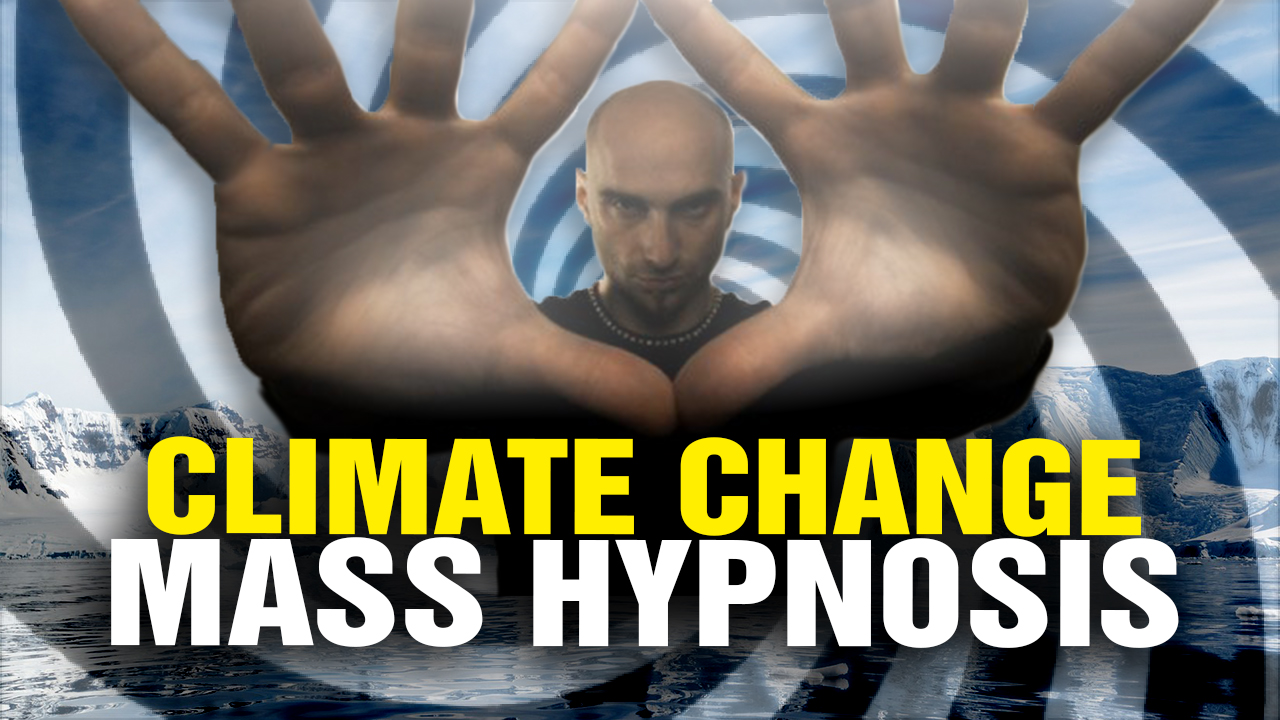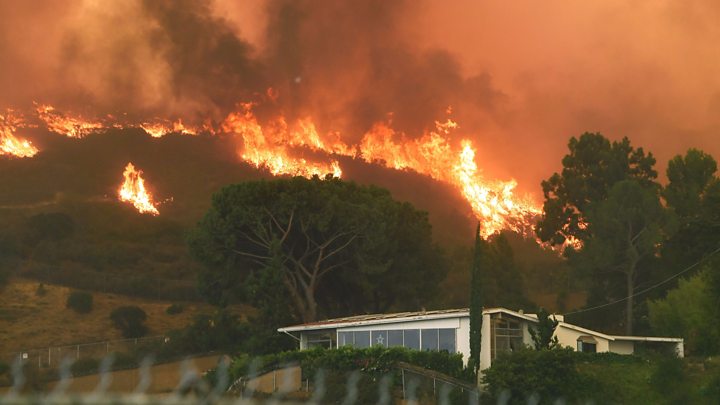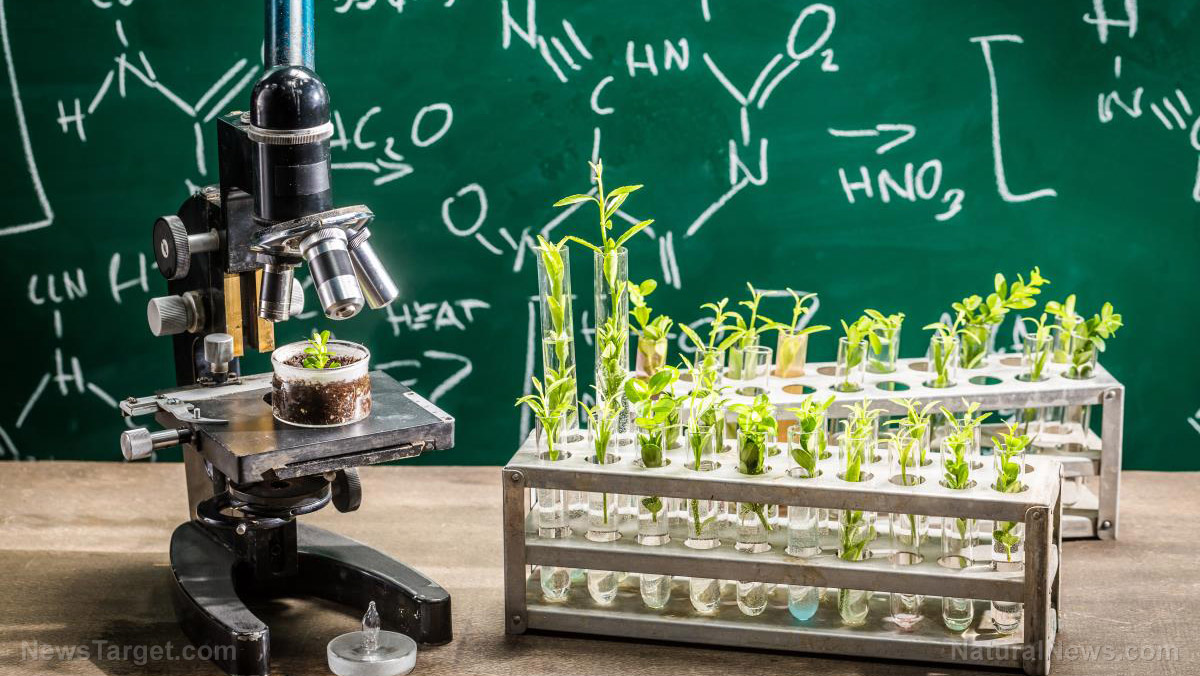Lunatic science fear mongers now claim infectious disease experts must blame future outbreaks on climate change
10/18/2017 / By Ethan Huff

An assistant professor of Ecology and Evolutionary Biology and Public Affairs at Princeton University’s Woodrow Wilson School of Public and International Affairs thinks that climate change is responsible for more people contracting infectious diseases. Jessica Metcalf recently published a paper outlining her crazy theory, which presses infectious disease experts to consider the “climate-disease relationship” when placing blame for future outbreaks.
Written with the help of other so-called “experts” from both U.S. and international institutions, and published in the journal Proceedings of the Royal Society B: Biological Sciences, Metcalf’s paper explains how changing weather patterns and temperatures could affect how infectious diseases such as malaria spread. She claims that climate change “could either increase or decrease the geographic range” of mosquitoes, for instance, which are responsible for spreading the pathogens that lead to such conditions. Also of concern to Metcalf are human migration patterns, which she claims can interact with climate change in complex ways to affect the spread of disease.
Cow farts might lead to temperature increases which in turn could affect how far mosquitoes travel with malaria, for instance. Or too many people driving SUVs as opposed to Priuses might cause excess carbon dioxide which results in more rainfall and flooding to certain areas of the world, creating a breeding ground for water-borne diseases like typhoid fever. The possibilities are endless, and as usual, humans are to blame for heating up the atmosphere and creating the types of conditions that lead to more infectious disease spreading and causing illness and death.
“Flooding is thought to increase the risk of exposure to typhoid fever through contamination of the water supply, when the feces of an infected person mingles with the water people drink. Thus, climate change could increase the incidence of typhoid fever,” explains a summary of Metcalf’s work on this subject.
Metcalf wants more money to be spent creating ‘models’ of how climate change makes infectious disease more problematic
Placing the blame for almost every terrible thing that happens in the world on climate change is nothing new for the left. Just recently, The Washington Post made the claim that climate change was responsible for causing chemical plants to explode near Houston in the wake of Hurricane Harvey, for instance. Al Gore also tried to blame rising tides in Miami on global warming.
But this latest effort to attribute disease spread to climate change takes this entire bizarre narrative to a whole new level of insanity. And Metcalf and her colleagues aren’t stopping there: They want more research to be done to create “models” of how climate change will not only affect future disease outbreaks, but also to evaluate how it supposedly affected past ones. This, of course, will require more research dollars that will be frivolously spent probing deeper into Metcalf’s delusional climate fixation.
“Disentangling the impact of climate on infectious disease requires careful detective work, taking advantage of the broad span of data on variation in both disease incidence and climate variables across space and time,” Metcalf stated in her push for expanding the scope of “retrospective testing” to look at past climate and disease data to determine the connection she believes exists between the two.
“Epidemiologists can take cues from the climate modeling community by seeking to better understand and incorporate the underlying properties that influence the observed behavior of the climate-disease system, and by routinely testing an ensemble of models by retrospectively comparing and validating models against data.”
To keep up with the latest lunacy from the left as it pertains to global warming and climate change, be sure to visit GlobalWarming.Fetch.news.
Sources for this article include:
Tagged Under: biased news, biased science, climate change, deception, global warming, infectious disease, insane left, jessica metcalf, political correctness, Princeton




















